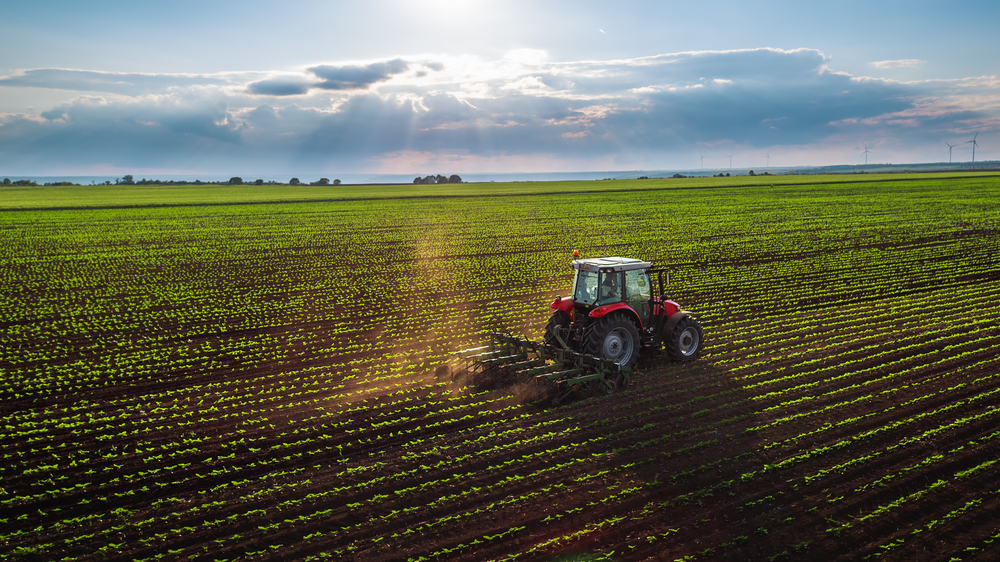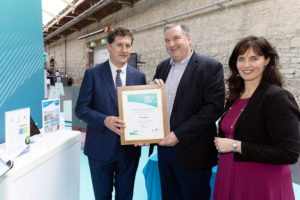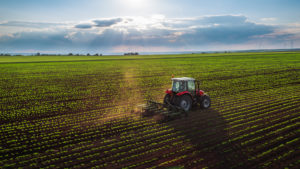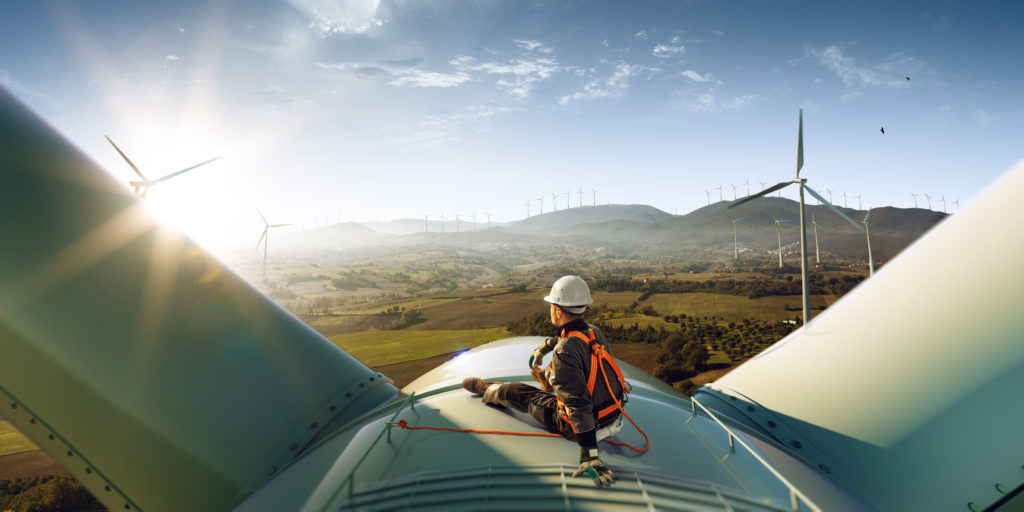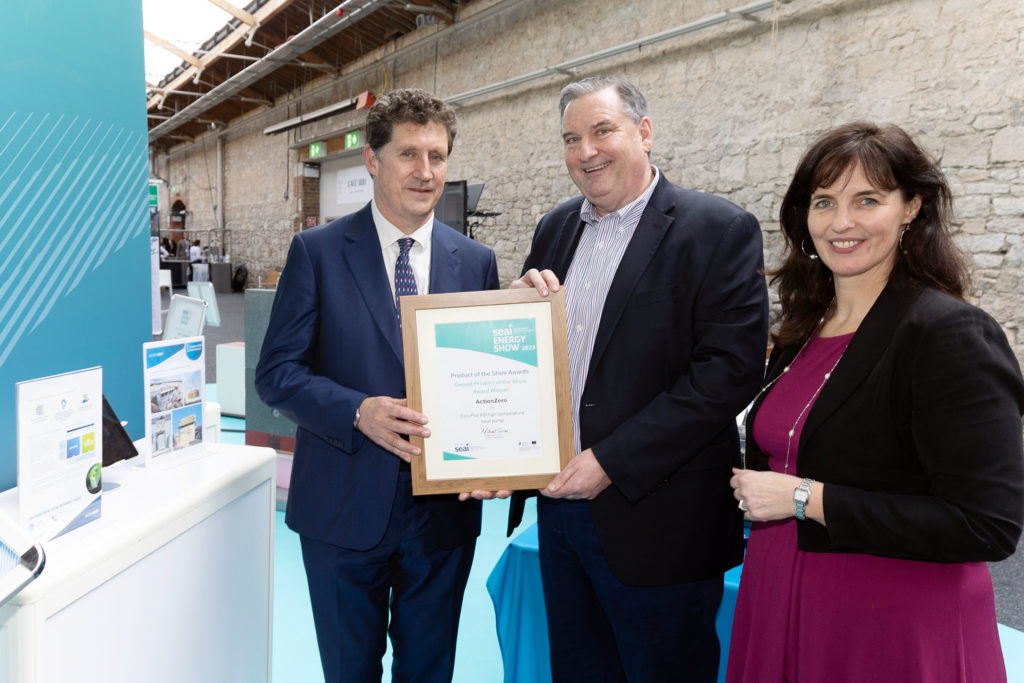Minister for Agriculture, Food and the Marine, Charlie McConalogue, confirmed during a recent trip to County Wexford that the existing Teagasc agricultural research centre in Johnstown Castle will be expanded and enhanced, with €9 million in funding having been committed to improvements that will help Irish agriculture operate more sustainably.
Johnstown Castle is Ireland’s leading research centre for soils and the rural environment, and places a major focus on sustainability in the agricultural space. The institute concentrates its focus on soil fertility and the impact that farming practices have on the land in terms of soil and water quality, local ecosystems, and the recycling of waste.
It will now be the site of a new and improved National Agricultural Sustainability Research and Innovation Centre (NASRIC). The move is part of an ongoing effort to understand how we’re managing farms and agriculture in Ireland right now, and how we can adapt our agricultural practices in order to futureproof the industry and bring it into line with Ireland’s ambitious climate goals.
As the nation’s single biggest indiginous export, the agriculture and food industry is of major importance to Ireland’s economy. In fact, agriculture accounts for nearly 10% of the entire Irish economy.
As well as being a huge part of Ireland’s industrial and economic output, agriculture holds an important place in our culture and heritage. Ireland is an island nation that has been farmed since prehistoric times. We value the vitality of our rural communities and want to keep them at the heart of our society for many years to come.
That’s why, like many other industries before it, agriculture will have to adapt in order to survive. Earlier this month, Ireland launched a national Climate Action Plan which outlines how we will become carbon neutral by 2050, and pledges a 51% reduction in emissions as soon as 2030. Every industry will be impacted, and agriculture more than most.
The agriculture sector was directly responsible for 37.1% of national Greenhouse Gas emissions in Ireland in 2020, mainly in the form of methane from livestock and nitrous oxide emanating from nitrogen fertiliser.
Given the scale of emissions the sector produces, and the importance of agriculture not only to Ireland’s economy but to its sense of self, reaching net zero by 2050 will be extremely difficult without decarbonising the industry.
Decarbonisation is crucial to the future of Irish agriculture. With Ireland having committed to halving its emissions over the next decade, the industry will have to fall in line or fall by the wayside. Decarbonisation can be achieved by making changes to farming practices, but these changes must be implemented without having a negative impact on the industry’s ability to produce at scale.
That means finding cutting-edge solutions that meet the scale of the problem – something we specialise in at Action Zero.
The Action Zero EscoPod is a patented technology which delivers decarbonised heat. The process of heating water has an outsized impact on industrial carbon emissions, but the EscoPod generates heat in a way that eliminates the need for fossil fuels, and is integrated with an analytics platform that uses data to optimise efficiency and allow our clients to report on their transition to green, renewable energy.
Put simply, the EscoPod helps organisations slash their carbon emissions without impacting their output. The technology allows agri-business to run efficiently while lowering greenhouse gas emissions by as much as 80%.
Technology like the EscoPod plays a critical role in allowing sectors like agriculture to adapt in a way that moves us further along the road to net zero. But the existence of the technology isn’t enough. Just as important is its adoption.
Farmers can’t cut their emissions in half if they’re unaware of the technology that would allow them to achieve this. They can’t sanction the purchase of expensive kit if they can’t envision exactly how that technology will fit into their day-to-day process.
The leading thinkers in agricultural sustainability need to work hand-in-hand with the farmers on the ground if a more sustainable future is to be realised. That’s why announcements like the new NASRIC centre at Johnstown Castle are so important.
Knowledge is key, information is power, and education is the foundation of change. If we want to ensure that Ireland’s agricultural industry can adapt and evolve in a changing world, then we have to teach our farmers about the benefits of decarbonisation and help them access all the tools they need to achieve it.
With an expansion of NASRIC at Teagasc Johnstown, and the invaluable research that’s sure to follow, the Government has given Irish agriculture the best possible chance to adapt to the huge challenges facing farmers, and has taken another crucial step towards securing Ireland’s sustainable future.
